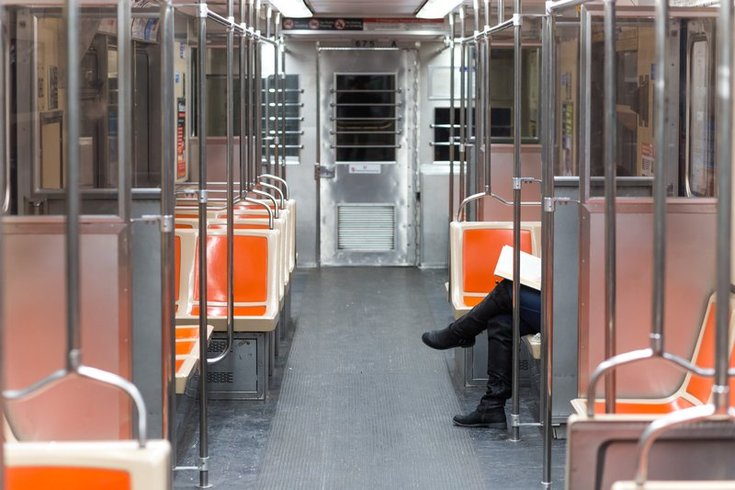
December 02, 2024
 Thom Carroll/For PhillyVoice
Thom Carroll/For PhillyVoice
SEPTA implemented a 7.5% fare increase on Sunday. All subway, trolley and bus rides now cost $2.50, and Regional Rail tickets cost $0.25 to $1 more, depending on where riders get on and off.
SEPTA averted the drastic fare hike it had proposed for next year, but a smaller increase – the first in seven years – is now in effect.
Bus, subway and trolley rides now cost $2.50 when paying with contactless methods – the same as when paying with cash or buying a Quick Trip. Transit riders still get two free transfers per fare, but SEPTA has eliminated its restrictions on direction of travel, allowing some riders to make a round trip on a single fare.
Regional Rail trips are now $0.25 to $1 more, depending on where riders get on and off, and there is no longer any discount for riding at off-peak hours on weeknights. Overbrook, Wissahickon and Tulpehocken stations have been moved from Zone 2 to Zone 1, allowing weekly and monthly TransPass+ holders to access them at no additional cost.
The cost for daily, weekly and monthly SEPTA passes remains the same. Adults 65 and older, and children under 12 can still ride for free.
The 7.5% fare increase, which took effect Sunday, was approved by the SEPTA board on Nov. 21. It is expected to add $14.4 million in annual revenue. SEPTA last raised fares in 2017.
Last month, SEPTA proposed an additional 21.5% increase to go into effect Jan. 1, warning that drastic measures – including sweeping service cuts – were needed due to cut its $240 million deficit.
That proposed hike and the service cuts were diverted for at least six months after Gov. Josh Shapiro flexed $153 million in funding away from seven highway projects.
To save costs, SEPTA is prolonging its hiring freeze, limiting contracted consultants and pausing its bus route overhaul plan, Bus Revolution. The transit authority also recently negotiated one-year contracts with two major unions, avoiding strikes.
SEPTA officials said they are hopeful they will receive additional state funding, allowing them to avoid steeper fare increases, but they plan to take a different budgeting approach going forward.
"When we passed our budget back in July, we budgeted on the idea that we would be (publicly) funded," COO Scott Sauer said in November. "It didn't happen. We're not going to do that again. That's why, next year when we come forward with a budget, we're going to budget based on what we know we have."